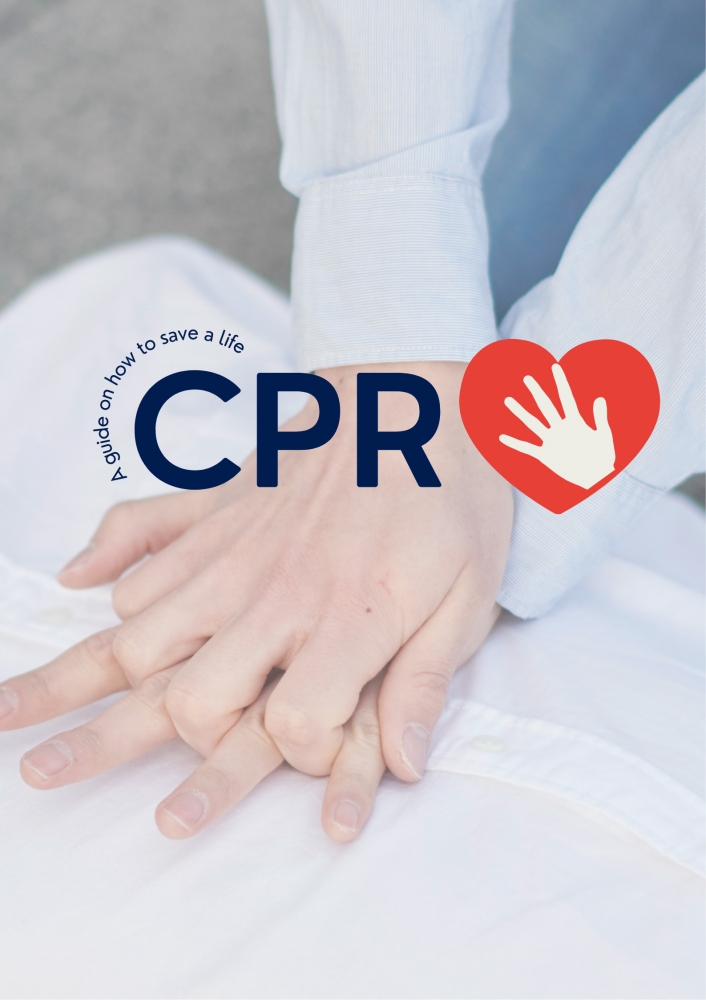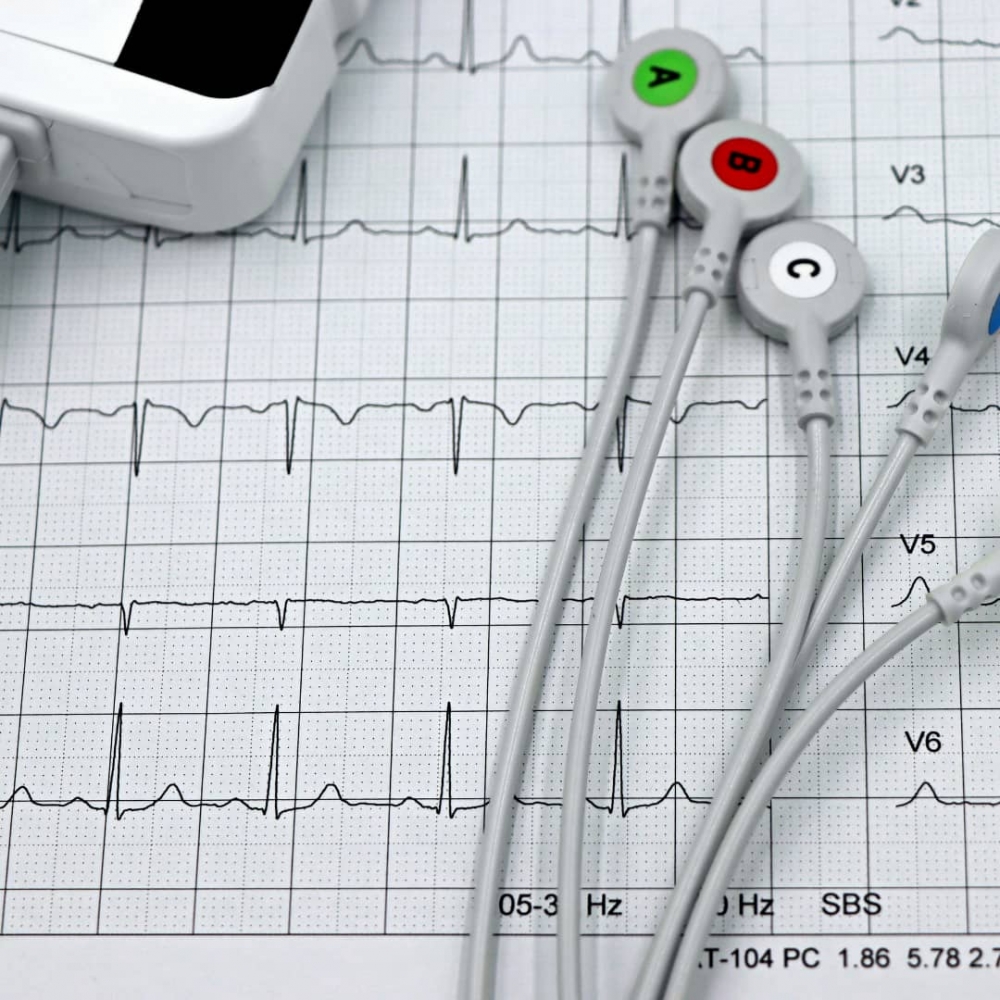Autoimmune Encephalitis: When Your Own Immune System Attacks Your Brain

Autoimmune encephalitis, often abbreviated as AE, is a relatively new and hence frequently misdiagnosed group of related conditions in which the body’s own immune system attacks the brain.
According to Dr Ellie Kok Huey Tean, autoimmune encephalitis can affect people of all ages, even those with no family history of this condition.
| COMMON POSSIBLE SYMPTOMS OF AUTOIMMUNE ENCEPHALITIS |
|
If left untreated, someone with this condition may experience permanent brain injury and even death.
However, Dr Ellie shares that, because the symptoms of autoimmune encephalitis overlap with those of psychiatric disorders, this condition is often misdiagnosed.
WHAT ARE THE COMMON CAUSES AUTOIMMUNE ENCEPHALITIS?
Dr Ellie explains that there are many different possible causes, such as exposure to viruses such as herpes simplex virus and the presence of certain cancers.
ARE CERTAIN GROUPS OF PEOPLE MORE AT RISK?
“Research indicates that AE predominantly impacts individuals from their early teenage years to age 50, with women being more susceptible than men,” she added.
Furthermore, while this condition can develop in people of all ages, certain age or gender groups may exhibit higher prevalence of certain traits linked to autoimmune encephalitis.
For example, N-methyl-D-aspartate receptor (NMDAR) encephalitis tend to be more commonly observed in adolescents and young adults. It is also more prevalent among young women with tumours in their reproductive organs.
Another example is araneoplastic encephalitis, which affects elderly persons with occult cancer. Occult cancer is a term for cancer cases in which cancer cells are detected in the person’s body, but the doctors can’t locate the tumour from which these cancer cells originate from.
WHAT CAN WE DO ABOUT AUTOIMMUNE ENCEPHALITIS?
Dr Ellie advises that family members or caretakers of the elderly should be vigilant for symptoms, especially given that the elderly are more vulnerable to infections, one of the primary causes of autoimmune encephalitis.
“It is also crucial to monitor for symptoms such as memory decline, behavioural changes, seizures, and gait problems, such as loss of balance while walking,” she elaborates.
IS THERE A CURE FOR AUTOIMMUNE ENCEPHALITIS?
Dr Ellie reveals that most people with this condition can be cured after receiving proper diagnosis and the appropriate immunotherapy treatment.
Immunotherapy typically involves the use of immunoglobulin injected into the patient’s bloodstream as well as plasma exchange and the use of immunosuppression agents. The purpose of this treatment is to eliminate the antibodies that direct the immune cells to attack the patient’s brain.
“However, a small number of patients may experience a relapse within 5 years after treatment,” says Dr Ellie, adding that this is the reason why it is important for people that have completed treatment to go for medical follow-ups. These follow-ups will allow the doctor to detect and take steps to prevent the chances of recurrence.
KembaliSuggest to Read









